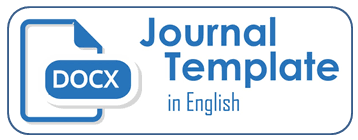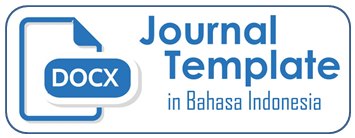Managerial ownership prediction model usinglogistics multinomial analysis technique
DOI:
https://doi.org/10.26486/jramb.v2i1.235Keywords:
Agency conflict, Managerial Ownership, LQ45 CompaniesAbstract
Agency conflictoccurs because of the misalignment between the interests of managers and shareholders.Managerial ownership is one of the mechanisms used to minimize the occurrence of agency conflict.The greater managerial ownership in the company, the management will improve performance to achieve the interests of shareholders and its own interests.This study examines the factors that are used in predicting the managerial ownership that is dividend policy, debt policy, profitability, company size, investment opportunities, the company's value and the market value of equity.The sample in this study is LQ45 companies as many as 81 companies during the period 2011-2015, which were analyzed using multinomial logistic analysis to find out which of the seven independent variables that can be used to predict managerial ownership in the perspective of agency theory.The results of this study concluded that the dividend policy, debt policy and equity market value consistently affect managerial ownership prediction of medium and large categories, while profitability, company size, investment opportunities and the value of the company did not consistently affect the prediction of managerial ownership.
Â
Â
Downloads
Published
Issue
Section
License
Authors who publish with (JRAMB) Jurnal Riset Akuntansi Mercu Buana agree to the following terms:
Authors retain copyright and grant the JRAMB right of first publication with the work simultaneously licensed under a Creative Commons Attribution License (CC BY-SA 4.0) that allows others to share (copy and redistribute the material in any medium or format) and adapt (remix, transform, and build upon the material) the work for any purpose, even commercially with an acknowledgement of the work's authorship and initial publication in JRAMB. Authors are able to enter into separate, additional contractual arrangements for the non-exclusive distribution of the journal's published version of the work (e.g., post it to an institutional repository or publish it in a book), with an acknowledgement of its initial publication in JRAMB.
Authors are permitted and encouraged to post their work online (e.g., in institutional repositories or on their website) prior to and during the submission process, as it can lead to productive exchanges, as well as earlier and greater citation of published work (See The Effect of Open Access).












